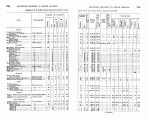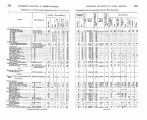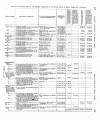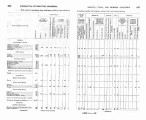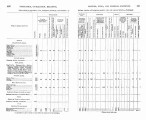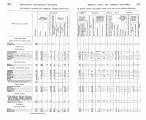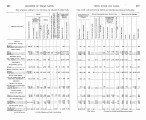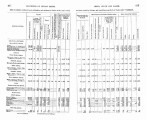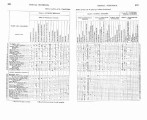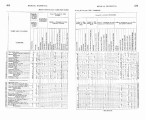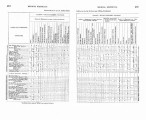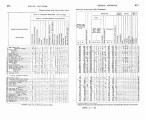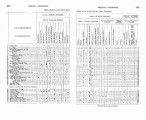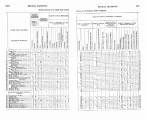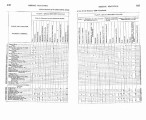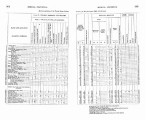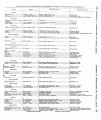| Title |
Annual Report of the Commissioner of Indian Affairs - 1890 |
| Subject |
Indian reservations; Federal government; Indians of North America; Indians of North America--Education; Courts; Allotment of land; Land use; Railroads; Timber; White people--Relations with Indians; Health; Annuities; Horses; Crime; Missionaries; Irrigation; Grazing; Alcohol; Livestock; Water rights; Natural resources; Education; Treaties; Agriculture; Employment (Economic theory); Work; Indigenous peoples--North America |
| Keywords |
Annual Report; Indian Agency; Reservations; Land Rights; Allotment; Resources; Trade; Mining; Native Americans |
| Publisher |
Digitized by J. Willard Marriott Library, University of Utah |
| Tribe |
Ute |
| Language |
eng |
| Description |
Excerpts concerning Utah from the Annual Report of the Commissioner of Indian Affairs - Courtesy of the University of Wisconsin Digital Collections. The Commissioner of Indian Affairs provides a report regarding the status of on- and off-reservation schools across the U.S., the distribution and acceptance of allotments and the leasing of lands that have not been allotted, the need to prevent timber destruction on Indian lands, and the success of campaigns to discourage drinking and gambling among the Indians. The Commissioner also outlines employment on the reservations and provides demographic data for the various tribes. An agent from the Uintah Ouray Reservation provides a brief overview of alcohol consumption, building maintenance, law enforcement, and education on the Uintah Reservation |
| Type |
Text |
| Coverage |
Uintah and Ouray Indian Reservation (Utah); Utah; Washington (D.C.) |
| Format |
application/pdf |
| Rights |
Digital Image © 2011 America West Center. All Rights Reserved |
| ARK |
ark:/87278/s6kd4tmf |
| Creator |
Commissioner of Indian Affairs; Morgan, T. J. |
| Date |
1890 |
| Spatial Coverage |
Uintah and Ouray Indian Reservation (Utah); Utah; Washington (D.C.) |
| Setname |
uaida_main |
| ID |
369464 |
| Reference URL |
https://collections.lib.utah.edu/ark:/87278/s6kd4tmf |










































































































































































